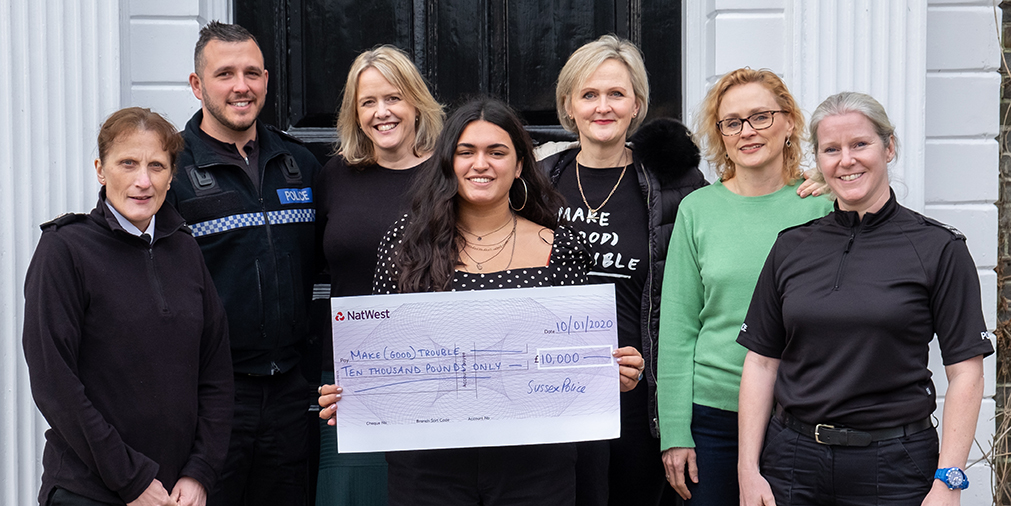Raising Teens’ series finale is a love letter to teenagers – a love letter to today’s adolescents and to the teen you once were – remember? That young person full of passion and energy – full of contrary anger and joie de vivre? That young man or woman in the making who will change the world? They are our driving force.
Our guests were neuroscientist and author Dean Burnett, vet, anatomist, reproductive biologist and author David Bainbridge and school learning and wellbeing mentor Debra Lloyd.
They talked about the fact that the teenager years are when you become who you really are. Perhaps the most important time in our lives.
🔊 Listen to Raising Teens: The return of the teenage brain
🔊 Listen to Lola’s interview with the Sussex Youth Cabinet
There’s a wealth of advice throughout the show, but here are our guests’ top tips for parents struggling to get through to their teen:
Debra
Listen to the Sussex Youth Cabinet’s top 10 tips for parents! And learn your new person that’s coming through the door – it’s not the child, it’s the teenager – and then find different ways to communicate with them.
David
Don’t try and struggle too much. Take a break. Give them some space, and just accept sometimes that they’re not listening to you any more!
Dean
Whatever’s happening, it’s not personal – they don’t hate what you’ve done, they don’t resent you personally. You are the parent and that’s just a generic factor in their life which they try and fight against. One tip is to try and communicate with them via someone else like a neutral third party because as a parent you’re far too close. When advice comes from a parent, it’s often seen as an attempt to control or limit autonomy which teenagers don’t react well to.
Help & Advice
Open For Parents – includes the East Sussex Youth Cabinet’s Top Ten Tips
Young Minds’ support for parents
The Mix, support for under 25s
Relate: Communicating with Teens
David Bainbridge’s book, Teenagers – A Natural History
Dean Burnett’s book, Why Your Parents Are Driving You Up the Wall and What to Do About It (read our review!)

